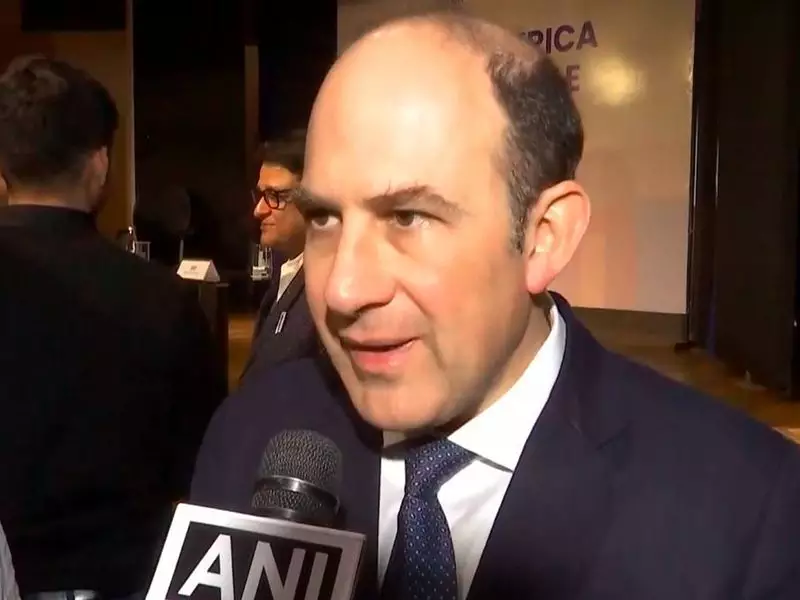
In a strategic move that could reshape global energy dynamics, Argentina is actively courting India as its next major complementary partner, offering unprecedented access to lithium reserves, nuclear energy cooperation, and agricultural exports that align perfectly with New Delhi's growing needs.
The Lithium Gold Rush: Argentina's Trillion-Dollar Opportunity
Argentina sits atop the legendary 'Lithium Triangle' alongside Chile and Bolivia, controlling approximately 21% of global lithium reserves. With demand for this critical mineral expected to skyrocket by 500% by 2050 due to electric vehicle and renewable energy storage needs, Argentina represents a strategic solution to India's green energy ambitions.
'We're not just selling lithium; we're offering energy security,' emphasized Argentine Foreign Minister Diana Mondino during recent diplomatic engagements. The South American nation has already attracted significant Indian investment, including a landmark $24 million investment by Khanij Bidesh India Ltd for lithium exploration in Catamarca province.
Beyond Minerals: A Multi-Sector Partnership
The burgeoning relationship extends far beyond mineral resources. Argentina brings to the table:
- Nuclear Energy Expertise: With six operational nuclear plants and decades of experience, Argentina offers technical cooperation that could accelerate India's nuclear energy program
- Agricultural Powerhouse: As the world's third-largest soybean exporter and leading sunflower oil producer, Argentina can help secure India's edible oil supply chain
- Technological Collaboration: Space research, defense technology, and pharmaceutical partnerships present additional growth avenues
Strategic Timing Amid Global Shifts
The courtship comes at a pivotal moment. As global supply chains realign and nations seek reliable partners beyond traditional alliances, Argentina and India represent natural complements rather than competitors. Both are G20 members with growing global influence and shared development objectives.
'This isn't just about bilateral trade; it's about building resilient supply chains for the 21st century,' noted an Indian diplomatic source familiar with the negotiations.
The partnership signals a new era of South-South cooperation, where emerging economies leverage their unique strengths to create mutually beneficial relationships that could challenge established global economic hierarchies.






